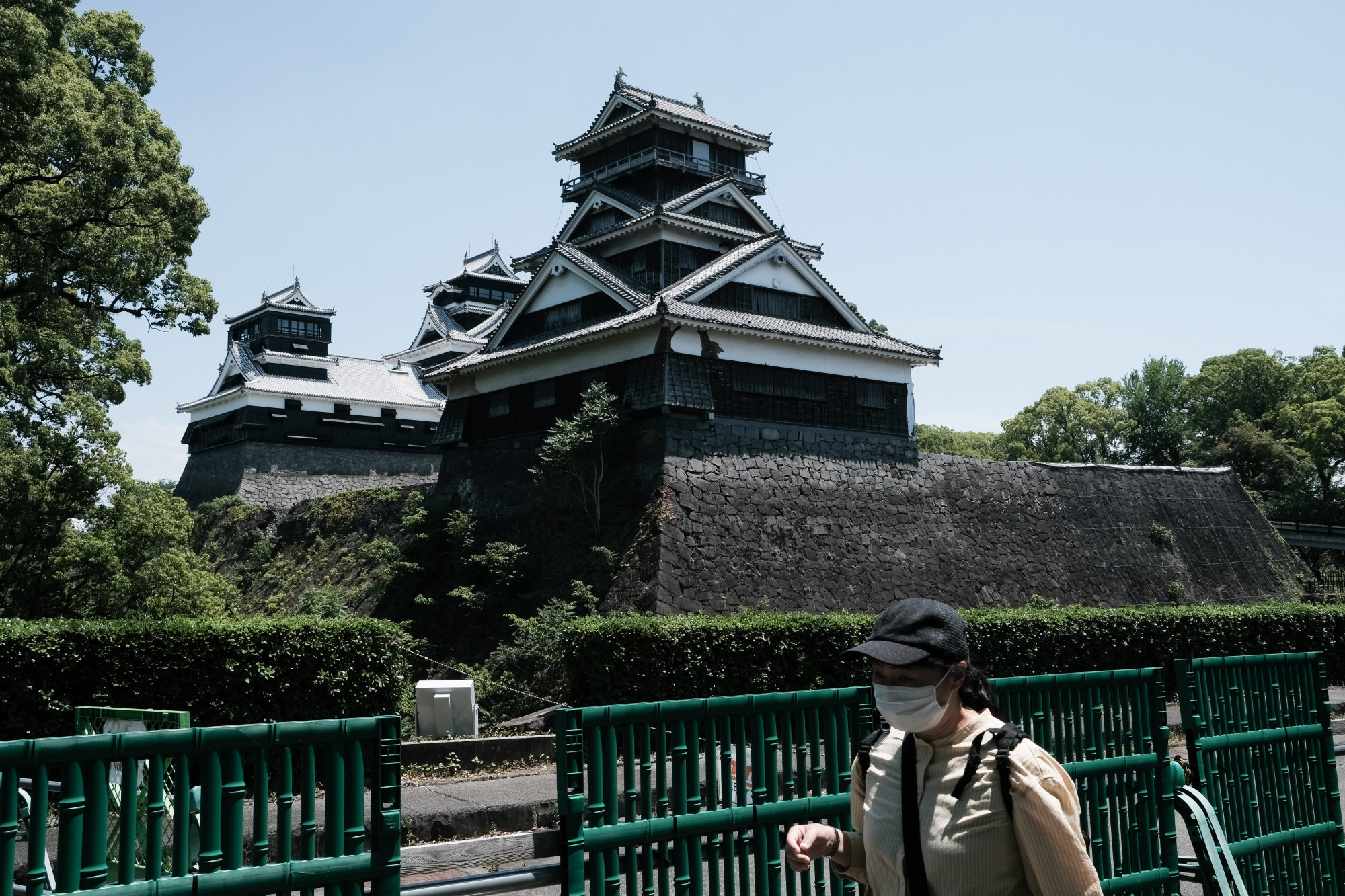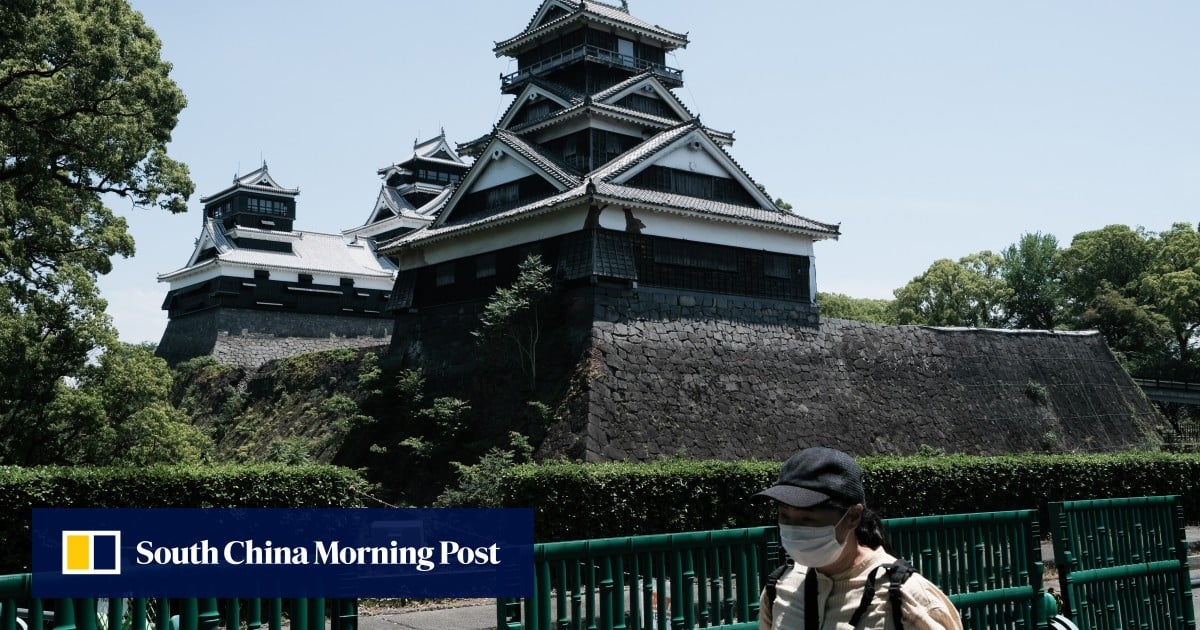The number of arrivals is expected to grow following the opening of the world’s largest contract chip maker’s first factory in Japan on Saturday, with mass production planned to commence between October and December.
The factory “will, I believe, improve the resiliency of chip supply for Japan and for the world,” TSMC’s 92-year-old founder Morris Chang said on Saturday at an opening ceremony.
After China Airlines and Starlux Airlines launched direct flights connecting Taipei and Kumamoto last September, overnight stays in the prefecture by Taiwanese people from that month through November grew around 20,000 from the previous three months to 82,160, according to Japanese government data.
Underscoring the robust demand, the seat occupancy rate on the two Taiwanese airlines’ direct flights exceeded 80 per cent through the end of the year, with tourists accounting for many of the passengers, according to the prefectural government.
The number of round-trip flights connecting the two locations will be increased by one to 12 per week starting Tuesday.
Kyoto’s locals say city has too many tourists. New mayor vows to fight that
Kyoto’s locals say city has too many tourists. New mayor vows to fight that
“Everyone in Taiwan knows Kumamoto, Kumamon and TSMC,” said Xu Da-fu, an employee at a Taiwanese travel company, referring to the prefecture’s black bear character mascot, as he was showing about 20 tourists around Kumamoto Castle in the city of Kumamoto.
“The air is fresh and it’s rich in nature,” said the man, who plans to stay in Japan for two years, despite challenges posed by the language barrier at his workplace.
The surge in visitors has invigorated local businesses. Sales of duty-free goods hit a record high in December at Tsuruya Department Store in Kumamoto, with spending by Taiwanese people accounting for 40 per cent of sales, higher than mainland Chinese visitors who previously occupied the top spot.
“Many families and friends of TSMC employees are coming to visit our store,” a company official said, adding the department store has begun to put up more instructions and notices written in the traditional Chinese characters widely used in Taiwan.

Yuki Uchida, who sells sponge cakes in the shape of Kumamon near the castle, said, “Taiwanese customers have definitely increased. I see customers lining up on weekends,” while expressing a desire to be able to communicate with them in Chinese.
Xu Qiu-mei, chair of Taiyuu Yukokai, an organisation promoting cultural exchanges between Taiwan and Kumamoto, said she had also faced difficulty communicating in the past.
“Local government officials are accommodating and we would like to offer support as much as possible when help is needed in daily life,” Xu said.

